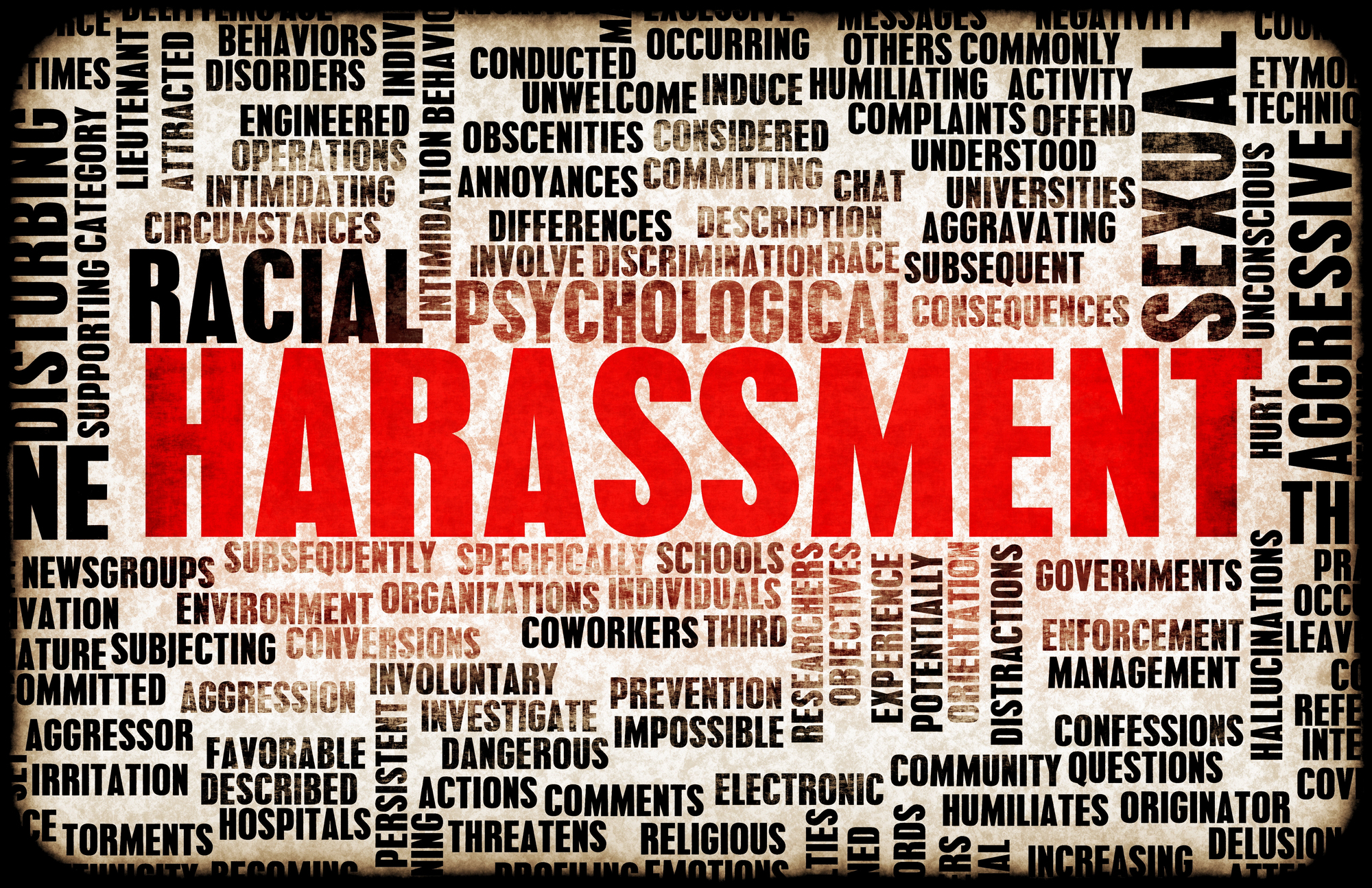Adapting to the New Worker Protection Act 2023: A Guide for Schools and Trusts
In response to increasing concerns about workplace safety, the law concerning the prevention of sexual harassment has undergone significant changes. As a recap, on 26 October 2024, the new Worker Protection Act 2023 will be enacted, amending the Equality Act 2010. This legislation amendment aims to reinforce protections for employees and introduces key changes that schools and trusts must understand and address.
What Does the New Duty Mean for Schools and Trusts?
One crucial aspect of the new legislation is the legal requirement for employers, including educational institutions, to take proactive measures to safeguard their workers from sexual harassment. This requires not only taking action against perpetrators when harassment occurs but also implementing effective prevention strategies.
The Equality and Human Rights Commission (EHRC) gains enforcement powers against employers who fail to meet these preventative obligations. This includes the ability to issue enforcement notices and potentially levy fines for non-compliance. Schools and trusts must proactively identify potential harassment scenarios and take reasonable steps to mitigate these risks.
Additionally, employment tribunals now have the authority to increase financial compensation for victims of sexual harassment by up to 25%, underscoring the importance of having comprehensive policies in place.
The EHRC offers extensive guidance on necessary compliance steps, while ACAS (Advisory, Conciliation and Arbitration Service) provides valuable resources on handling harassment situations. For further information, educational institutions should refer to the ACAS Prevention Guide: ACAS Prevention Guide.
Updating Policies and Procedures
Updating existing policies is vital to ensuring that they reflect changes in legislation. While policies alone cannot transform workplace culture, they do demonstrate a commitment to preventing and educating staff about sexual harassment. Establishing a clear harassment policy that defines harassment, outlines reporting procedures, and specifies consequences for violations is essential. Regularly reviewing these policies ensures they remain relevant and effective. If you are a local authority school or adopt model policies, these should be negotiated with Trade Unions.
Education and Ongoing Training for All Staff
We recognise that effective training is indispensable in creating an environment free from harassment. Our Anti-Harassment Training includes a suite of training modules designed to equip staff with the necessary knowledge and skills to prevent and respond to harassment. Our training covers:
Definitions of harassment – Ensuring that all staff understand what constitutes harassment, including its various forms.
Reporting mechanisms – Providing clear guidance on how to report incidents of harassment safely and confidentially.
Creating a respectful environment – Fostering a culture of respect and inclusion within the institution.
Our training is meticulously tailored to your institution’s specific work environment, addressing potential risks and challenges unique to your context. with discussions on case studies / scenarios to enrich participants’ learning experiences along with a takeaway suite of helpful guides and slides as a handy reference point. Please email:
Training@bywaterkent.co.uk for further information on sessions and pricing.
Empowering Line Managers – Senior leadership team members are pivotal in setting the tone for workplace culture. Training for senior leaders is essential to promote values such as dignity, respect, and inclusion. They must be equipped to identify and appropriately address harassment issues within their teams and reinforce expectations regarding workplace behaviour.
Ensuring Clear Reporting Channels – Clear communication is vital to an effective anti-harassment strategy. Establish and promote transparent reporting channels through which employees can confidentially report instances of harassment. Regular reminders about these channels empower staff to feel confident in using them.
Monitoring and Reviewing Effectiveness – Preventing sexual harassment is an ongoing process. Schools and trusts must continually evaluate the effectiveness of their policies and training programmes. This should not be viewed merely as a compliance exercise; reflective practices are crucial for adapting strategies to foster a safe environment.
Conclusion
The introduction of the Worker Protection Act 2023 marks a significant shift in how schools and trusts must address sexual harassment. By preparing effectively and actively engaging with the new obligations, educational leaders can create a safer, more inclusive environment for all staff and students. Preventing sexual harassment requires commitment and continuous effort, not just compliance with the law. For further guidance, explore the resources available on the ACAS website linked below:
Preventing sexual harassment – Sexual harassment – Acas

